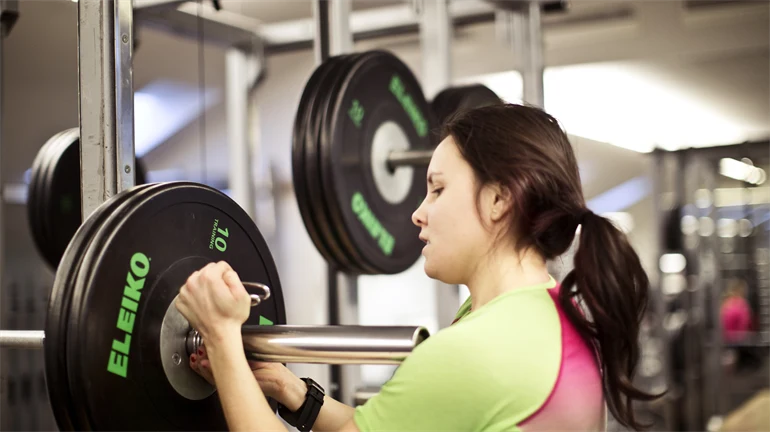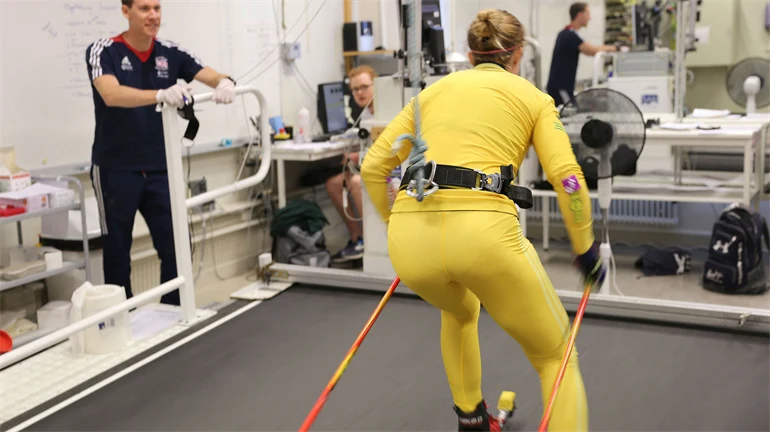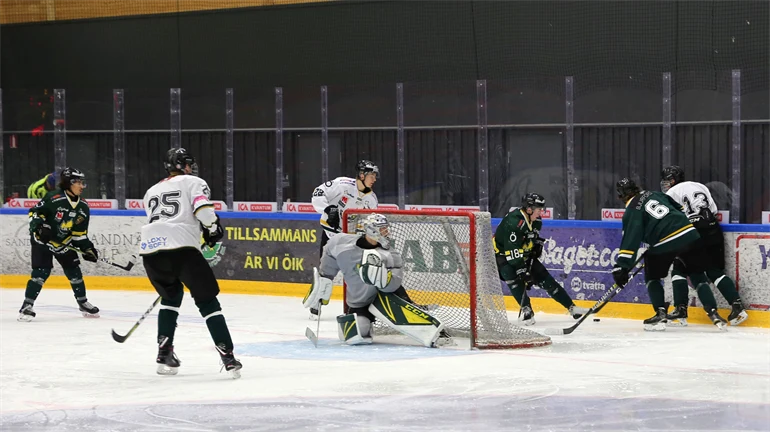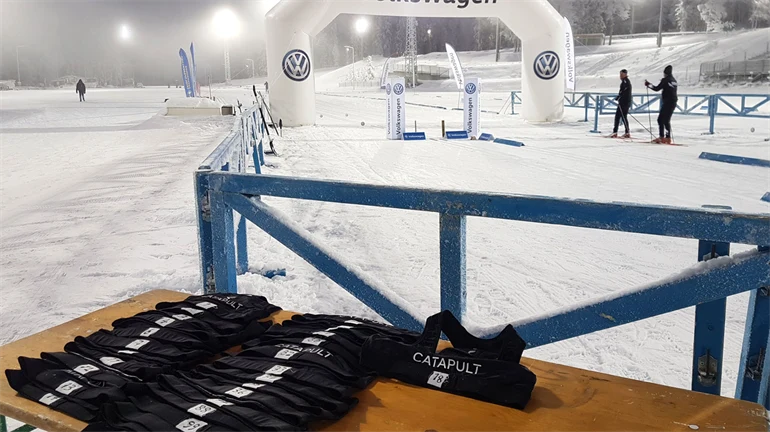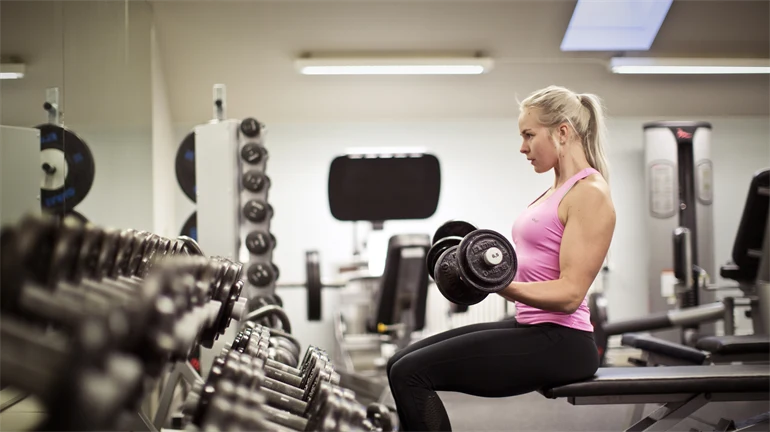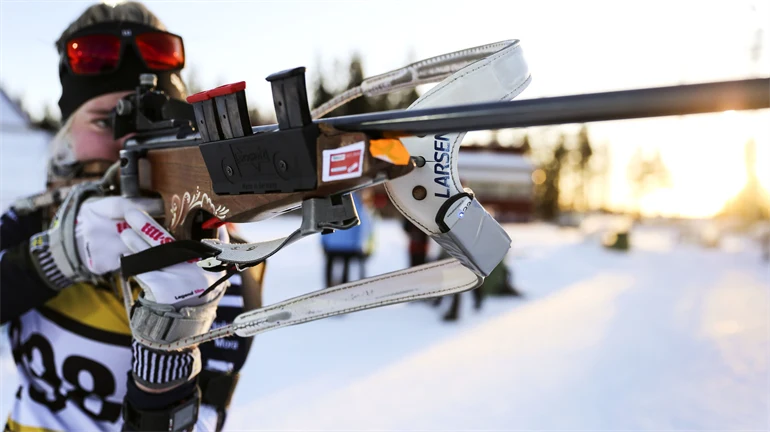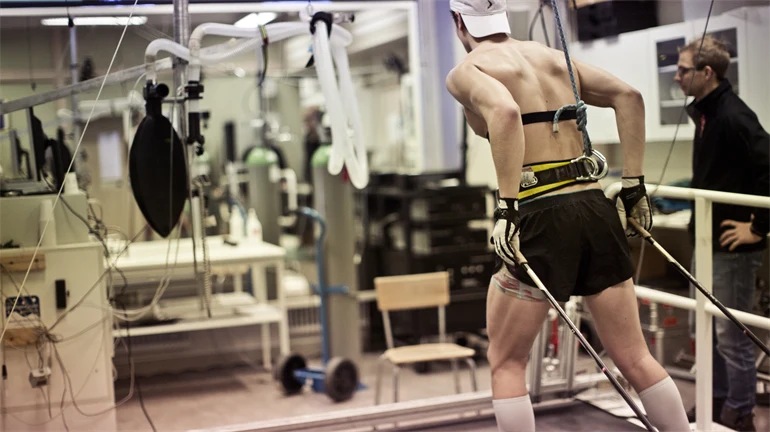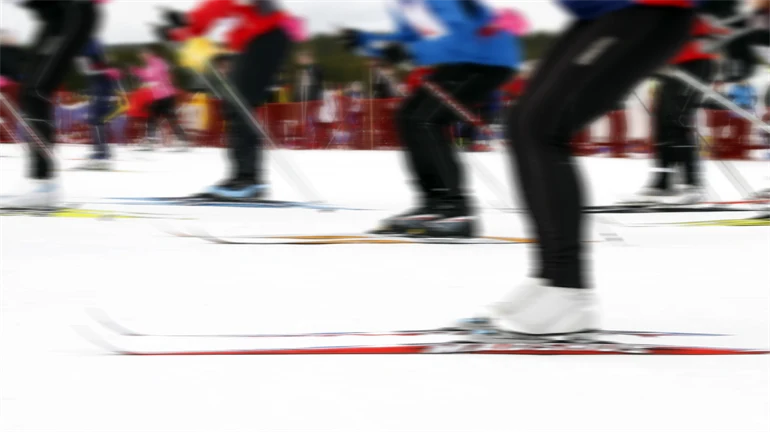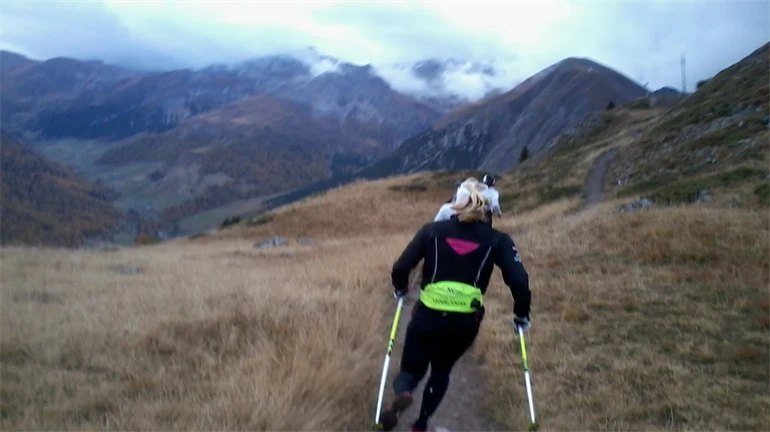On this page you will find news and information from Mid Sweden University, collected under the tag PHYSIOLOGICAL RESEARCH. This page is created based on the tag you clicked to get here.
There are 12 English pages and 27 Swedish pages that are tagged with PHYSIOLOGICAL RESEARCH. The content may vary depending on language.
There is evidence that endurance performance can be improved by the inclusion of strength training methods to an endurance training programme. This is a summary of the scientific findings and also...
Compression garments were originally developed for clinical patients, but have become increasingly popular among athletes. Manufacturers claim that compression garments can improve performance when...
Physical inactivity is the fourth leading risk factor for global mortality and it is the main cause of cardiovascular diseases and cancers, which are two of the leading causes of death.
Ice hockey is an intermittent sport where high-intensity efforts are interspersed with passive recovery periods. These varied demands in exercise intensities are reflected in a player’s physiologic...
How the use of a customised satellite navigation device can help in the analysis of micro-pacing strategies and performance in cross-country skiing
In a recent study, more than half of elite female athletes reported that hormonal fluctuations during their menstrual cycle negatively affected their exercise training and performance capacity.
To become good a good biathlete you need endurance, excellent gross and fine motor skills, as well as mental strength.
Whether reading scientific articles on sports physiology or newspaper articles about sports, one is faced with information in terms of numbers and results. In the case of goals scored in a hockey...
Nutritional supplements can give you that extra little advantage, which is crucial in a race. But they can't replace proper training, a well-balanced diet, adequate sleep or rest.
Here is a set of evidence-guided recommendations for warm-up before cross-country skiing, written by Kerry McGawley, Director of the Swedish Winter Sports Centre.
Natural altitude training can improve performance even when competing at low altitudes.
